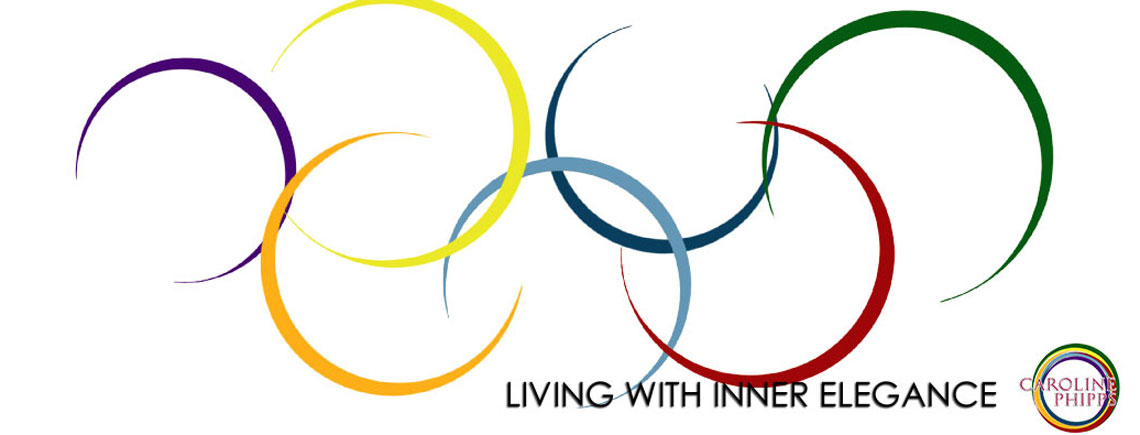Self-Esteem
Where does your power come from?
“When a person is at home in his life, he always has a clear instinct about the shape of outer situations; even in the midst of confusion he can discern the traces of a path forward.”
-John O’Donohue To Bless the Space Between Us
There’s much talk these days about empowerment. “I’m free to be me”. “I’m true to myself”. I sometimes feel such affirmations are a challenge, even at times defiant. With concerns swirling about our collective mental health and sense of purpose, it begs the question what is self-esteem and where does it come from?
Self-esteem is not something with which we pop out of the womb. Some of us experience a childhood that confirms our worth and some of us not so much or not at all. Whatever the circumstance there are no guaranteed self-esteem. Having authentic confidence in ourselves, knowing our intrinsic value, is perhaps our most important challenge in this life and something for which we alone are responsible.
So why is self-esteem important? Everything in our world involves an exchange of power. Every choice we make, however small, either gives us power or takes it away. Having a healthy sense of self empowers our ability to make healthy choices. For example, we are less likely to abuse ourselves with drugs or stay in an abusive situation. Self-esteem affects the quality of everything we do from mental and physical health to relationships and work.
Through the centuries humans have grappled with the seductive illusion that self-worth is measured by externals and even today this is our predominant cultural belief: Value is measured by material success, celebrity, notoriety and the opinion of others. This accounts for much of what ails us for we make the unhealthy choice of giving our power to the external world that is out of our control.
This plays out in multiple ways. For example we create the illusion of being powerful as in a “I am what I am”, a take it or leave it attitude. We create a show of empowerment wholly dependent on the opinion of others. Any criticism, constructive or not, and our façade is easily shaken. We may suffer from “imposter syndrome” fearing that others will find out that we’re not what we present. Social media platforms are brilliantly constructed to exploit this as we measure our value in “likes” and followers. We may be looking for sympathy, agreement with our opinions or for others’ envy. Whatever it is, seeking validation from others leaves us weak, vulnerable and easily manipulated. In truth, the hallmark of self-esteem is humility. When we have a genuine belief in ourselves, we have no need to broadcast.
With low self-esteem others dictate what we should and shouldn’t do. We live in a constant state of unhealthy compromise, scrambling to keep the status quo. Because we haven’t developed our self-esteem, we fear that we don’t have what it takes to be responsible for our lives. For example, staying in a toxic relationship to keep a roof over our heads. We become overly susceptible to other people’s opinions, worried that we’ll be rejected, criticized, ridiculed or seen as a failure.
The beauty is that we have all the answers. Self-esteem stems from the courage and resolve needed to confront and manage who we really are, right now, right here. We all have a voice, in our heads that promotes negative behavioral patterns that trap us in the same self-defeating cycles of poor choices. It sounds like this, “you’re not good enough”, “you’ll make a fool of yourself” and so on. Self-esteem develops from the discipline to take on this voice, to confront and break these unhealthy patterns. With healthier choices, we build on our successes and our belief of self gradually strengthens step by step.
Thus the words of the late Irish poet John O’Donohue above. Self-esteem makes us effective and trustworthy leaders, team members, partners and friends. It keeps us steady in a crisis and gives us the courage and confidence to generate positive action for the greater good. Developing and nurturing self-esteem is not only essential for our own wellbeing, it a vital contribution to the wellbeing of all and to our world.


